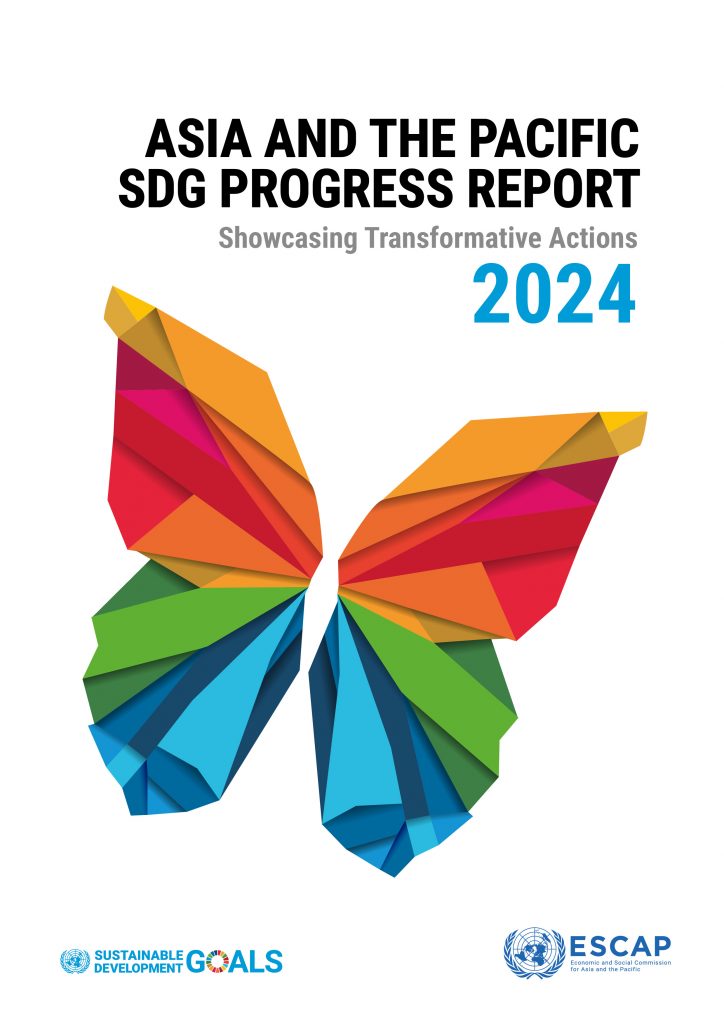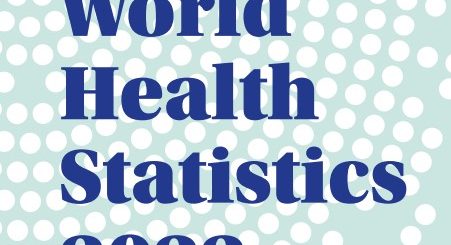Off Track in Asia-Pacific: Can the Region Achieve the SDGs by 2030?
Source – Asia and the Pacific SDG Progress Report 2024
The annual report ‘Asia and the Pacific SDG Progress Report 2024’ by the UN Economic and Social Commission for Asia and the Pacific (ESCAP) examines the region’s progress towards achieving the Sustainable Development Goals (SDGs). It showcases successful initiatives, identifies ongoing challenges, and emphasizes the need for better data, particularly for vulnerable groups. This information is crucial for developing more equitable and inclusive development plans.
Asia-Pacific Faces Major Hurdle in Achieving Sustainable Development Goals
Urgent action is needed across Asia and the Pacific to meet the ambitious UN Sustainable Development Goals (SDGs) by the 2030 deadline. The report paints a concerning picture: at the current pace of progress, the region is not on track to achieve any of the 17 SDGs. This significant setback translates to a potential delay of over 32 years, with the goals now potentially unreachable until 2062.
Despite some progress (currently at 17%), Asia-Pacific is far behind schedule in achieving the UN’s Sustainable Development Goals by 2030. The region is only on track for a third of the progress needed, hampered by a tough global climate including the pandemic, ongoing crises, and supply chain disruptions. This necessitates a significant recalibration of domestic policies.
Emphasizing climate action (Goal 13) as an immediate priority
Despite some progress, Asia-Pacific faces a critical challenge in achieving the UN’s Sustainable Development Goals (SDGs) by 2030. Climate action (Goal 13) shows regression, demanding stronger national policies and better data collection. Beyond climate, urgent action is needed to improve decent work opportunities (Goal 8), promote sustainable consumption and production (Goal 12), and protect both marine and terrestrial ecosystems (Goals 14 & 15). Fostering partnerships for sustainable development (Goal 17) is crucial, especially for these lagging areas, as collaboration between governments, businesses, and civil society is essential to accelerate progress towards the 2030 Agenda.
Island Nations Struggle Most in Asia-Pacific’s SDG Race
While progress towards the UN’s Sustainable Development Goals (SDGs) has slowed across Asia and the Pacific, small island developing states (SIDS) are facing the most significant hurdles. Historically, all developing countries tracked similarly, but the COVID-19 pandemic has widened the gap. SIDS, in particular, have been hit hard. The pandemic erased their earlier progress, leaving them further behind the rest of the region. Compared to other developing countries, SIDS shows the slowest progress on almost all SDGs. This is a stark contrast to landlocked developing countries (LLDCs) which have made the most relative progress (13%) since 2015. Urgent action is needed to support SIDS and bridge the widening gap in achieving the SDGs.
Data Gap Threatens Asia-Pacific’s SDG Progress
Achieving the SDGs in Asia-Pacific is hampered by a lack of data. Only half of the essential indicators (133 out of 231) have enough data to track progress. Over a third have no data at all! While data collection is improving, the pace is slowing. Gender equality (Goal 5) and good governance (Goal 16) are the most data-starved areas. However, there’s some good news – health (Goal 3), clean energy (Goal 7), and protecting land ecosystems (Goal 15) have seen a rise in data availability (over 70%). A positive step is the use of progress dashboards in national reviews, encouraging countries to leverage SDG indicators. But to truly succeed, improved data sharing, coordination, and integration are crucial.
Achieving the Sustainable Development Goals (SDGs) in Asia-Pacific by 2030 demands a course correction. While pockets of progress exist, the region faces a stark reality – significant gaps remain. Climate action needs urgent attention, and vulnerable nations like Small Island Developing States (SIDS) require tailored support. The most critical missing piece is robust data. Without it, progress remains elusive. The path forward is clear: stronger national policies, improved data collection, and a renewed focus on partnerships are essential. Addressing lagging areas like decent work and environmental sustainability is crucial. Ultimately, success hinges on collaboration – governments, businesses, and civil society must join forces. Only through a collective effort can Asia-Pacific achieve a truly sustainable and equitable future by 2030.



